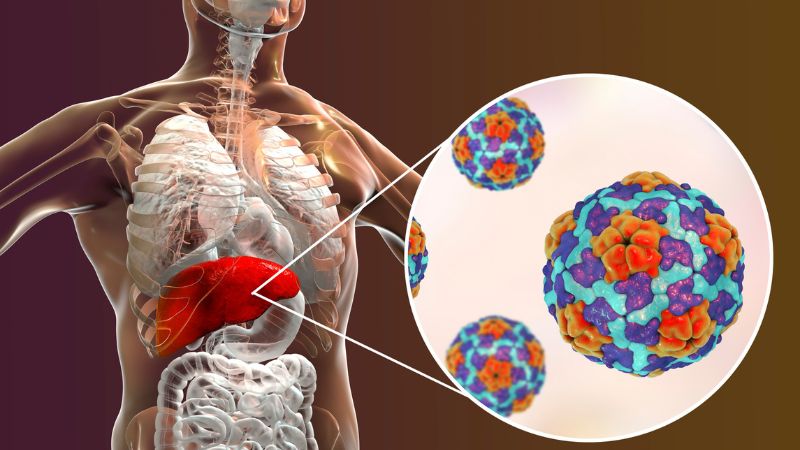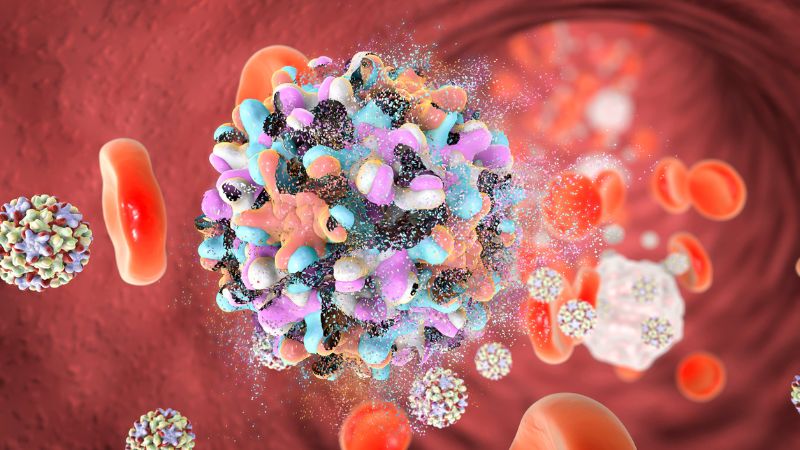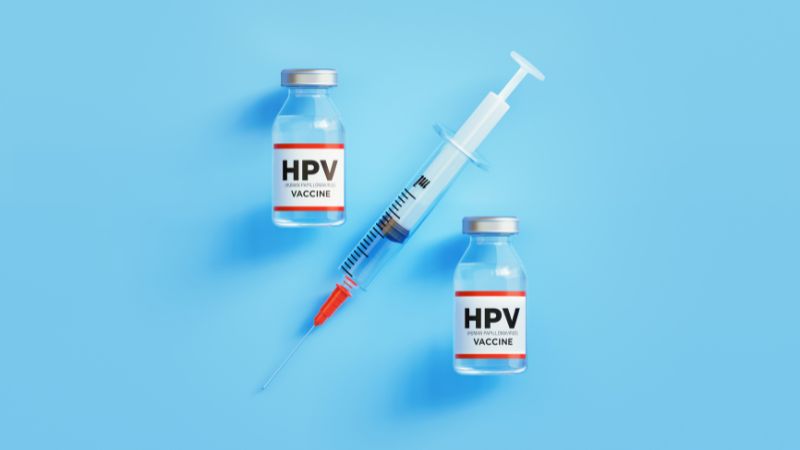Vaccination is the best way to prevent various diseases, including sexually transmitted infections. However, not all STIs are vaccine-preventable. Let’s explore three vaccine-preventable sexually transmitted diseases in this article.
1 Hepatitis A
Hepatitis A is a contagious liver infection that can spread from person to person through oral contact during sexual activity or by consuming contaminated food or water.
The US Centers for Disease Control and Prevention (CDC) recommends hepatitis A vaccination for children, adolescents, and adults at high risk of contracting the infection, including:
-
Travelers or workers in regions with a high or intermediate prevalence of hepatitis A.
-
Men who have sex with men.
-
People who use injection drugs.
-
Those living with someone infected with hepatitis A.
-
Individuals with chronic liver disease, such as nonalcoholic fatty liver disease, or hepatitis B or C.
-
People working in food handling or wastewater management.
The hepatitis A vaccine is highly effective in preventing the disease. After completing the two-dose series, you will have long-term protection against the hepatitis A virus. The vaccine safeguards you from severe complications of hepatitis A, including liver failure and death.
 Hepatitis A
Hepatitis A
2 Hepatitis B
Hepatitis B virus (HBV) is transmitted through bodily fluids such as:
-
Semen and vaginal fluids: Unprotected sexual intercourse is the primary mode of transmission for HBV.
-
Blood: Infection can occur through exposure to infected blood, for example, by sharing needles for drug injection, using unsterilized medical equipment, or open wounds.
Although acute hepatitis B often causes mild symptoms like fatigue, nausea, and jaundice, if left untreated, the virus can become chronic, leading to severe complications:
-
Cirrhosis: Liver damage due to scarring, impacting liver function and potentially leading to liver failure.
-
Liver Cancer: The risk of liver cancer is 100-200 times higher in individuals with chronic HBV infection.
 Hepatitis B
Hepatitis B
The US Centers for Disease Control and Prevention (CDC) recommends hepatitis B vaccination for the following groups:
-
Sexual partners of hepatitis B carriers: Vaccination protects against infection from an infected partner.
-
Individuals with unsafe sexual practices: Unprotected sexual activity is a primary transmission route for hepatitis B.
-
People treated for sexually transmitted infections (STIs): The risk of hepatitis B is higher in those with STIs.
-
Men who have sex with men: This demographic is at higher risk of contracting hepatitis B compared to the general population.
The hepatitis B vaccine is safe and effective, widely used, and proven safe for all age groups. The most common side effect is mild pain at the injection site, typically resolving within a few days. Individuals who complete the full hepatitis B vaccine series have over 90% protection against the disease.
3 Human Papillomavirus (HPV)
Human Papillomavirus () is a group of viruses that cause skin infections. There are over 100 types of HPV.
HPV infection can lead to common warts on the hands, feet, and other body parts. Warts caused by this group of HPV are typically benign and do not cause severe health issues.
However, some HPV types can cause genital warts and several cancers, including cervical, penile, vaginal, anal, and oropharyngeal cancers.
 HPV
HPV
The HPV vaccine protects against the virus strains responsible for most cases of warts and cervical cancer, as well as penile, vaginal, anal, and oropharyngeal cancers.
The US Centers for Disease Control and Prevention (CDC) recommends that all boys and girls receive the HPV vaccine at age 11 or 12. Vaccination at this age elicits the strongest immune response.
In summary, these are the three sexually transmitted infections preventable through vaccination. We hope this information helps raise awareness about the importance of vaccine prevention for these STIs.
Source: Sức khỏe và Đời sống Newspaper



































